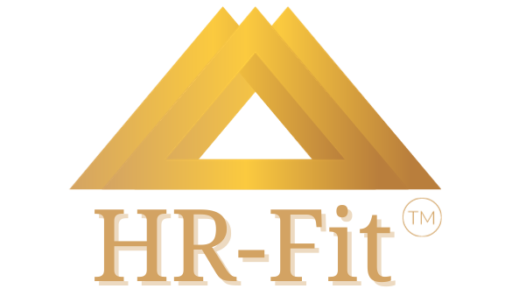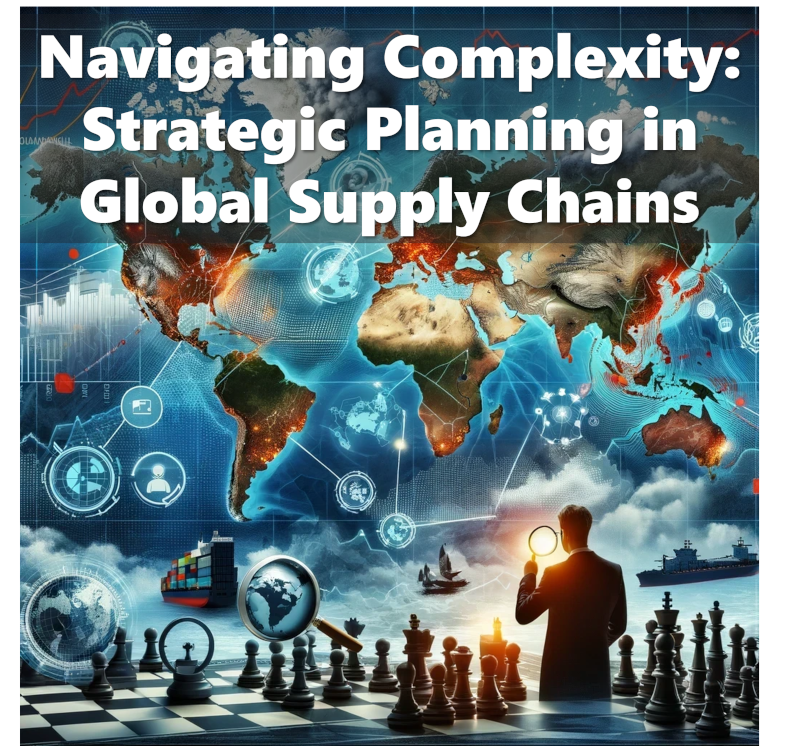Natural disasters, geopolitical conflicts, and major accidents are unavoidable in the complex global commerce landscape. These events can severely disrupt business operations, especially affecting the flow of the supply chain. To counteract these disruptions, implementing urgent remedies and strategic planning is essential. The primary goals are to mitigate risks and ensure continuity of operations.
For instance, recent fluctuations in the water level of the Panama Canal and ongoing conflicts in the Red Sea have created significant bottlenecks in world trade. Consequently, shipping times have dramatically increased: transit from East Asia to North America now takes up to 45 days, up from 33, while routes from South Asia to Europe have extended from 19 days to 34. These delays result in shortages and escalating costs, challenging businesses to adapt swiftly.
This volatile environment presents a unique career opportunity for professionals skilled in managing change, reducing lead times, and optimizing costs. These individuals are crucial in crafting resilient supply chains that can withstand and adapt to dynamic global conditions.
Essential Hard Skills:
- In-depth knowledge of product lifecycle, process optimization, and tooling.
- Proficiency in creating and applying quality control, logistics, trading, and purchasing checklists.
- Understanding of tax regulations and the ability to make informed business assumptions.
- Expertise in onboarding new suppliers and integrating teams efficiently.
Key Soft Skills:
- Strong foundation in leadership, management, and supervision.
- Effective time management and the ability to prioritize under pressure.
- Adaptability and readiness to embrace change.
- Cultural awareness and sensitivity, are crucial for global operations.
- Excellent communication skills, including etiquette and presentation abilities.
- Credibility and self-confidence to lead teams and influence stakeholders.
- Competence in creating and executing task lists and setting strategic priorities.
Embracing these skills can transform a crisis into an opportunity, positioning strategic leaders at the forefront of global supply chain management. The ability to anticipate changes and implement effective ‘Plan B’ strategies not only ensures business continuity but also promotes a sustainable competitive advantage.
Ready to master supply chain challenges in a dynamic world? Equip yourself with essential skills in process optimization, quality control, and strategic leadership. Choose private career mentorship to advance your career and lead innovations in global supply chain management.

